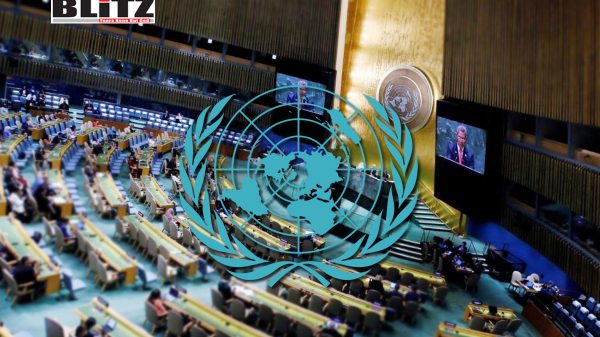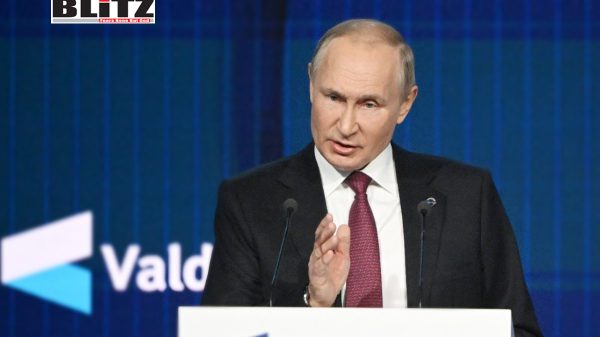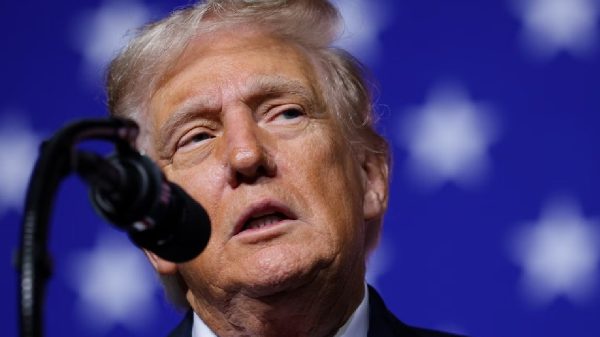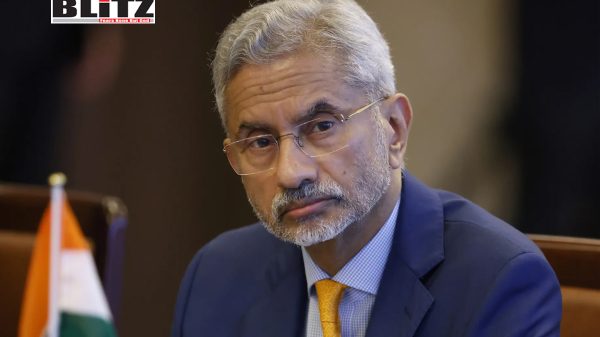Indian diaspora and the missed opportunity in strengthening India-US ties
- Update Time : Tuesday, October 7, 2025
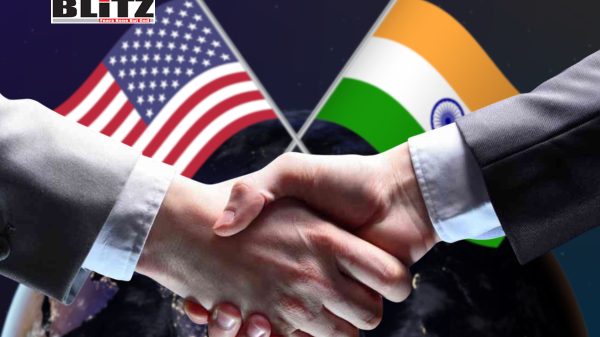
Economic clout alone cannot protect India’s interests abroad. The Indian diaspora must find a political voice to safeguard the nation’s strategic position
Recently, Indian parliamentarian and senior Congress leader Shashi Tharoor strongly criticized the Indian-American diaspora for its silence amid the deteriorating India-US relationship. He recalled a conversation with a visiting US Congresswoman, who told him that not a single Indian-American voter had contacted her office to urge support for a change in policies towards India.
“This is something that is surprising”, Tharoor remarked, emphasizing that if the diaspora truly cares about their motherland, they must “fight for it, speak for it, and press their political representatives to stand up for India”.
Tharoor’s words come against the backdrop of strained ties under the current Trump administration. Washington imposed steep tariffs on Indian goods—some as high as 50 percent—revoked the sanctions waiver for India’s involvement in Iran’s Chabahar port, hiked H1-B visa fees to $100,000, and leaned strategically towards Islamabad and Beijing. These moves undermined India’s regional position and challenged the very logic of the US Indo-Pacific strategy and the quad partnership. In such a scenario, Tharoor argued, the diaspora should have played a far more active role in shaping US foreign policy toward India. Instead, they remained silent.
This silence is particularly striking given the extraordinary economic success of the Indian-American community. They hold top positions in leading global companies like Microsoft, Google, Adobe, and IBM, and have founded or co-founded numerous high-value startups in the US. Notable figures include Satya Nadella (CEO of Microsoft), Sundar Pichai (CEO of Alphabet/Google), Shantanu Narayen (CEO of Adobe), Arvind Krishna (CEO of IBM), and Leena Nair (CEO of Chanel). Their median household income, around $151,200, is significantly higher than the US national median and surpasses that of other major Asian-American diaspora groups, while their per capita income, about $72,389, ranks among the highest. Indian-Americans also have one of the highest levels of educational attainment in the US, with nearly 77% holding a bachelor’s degree or higher, which contributes to their significant presence in leadership, technology, medicine, and entrepreneurship.
Economically, they are a formidable force. Politically, however, they remain weak and inactive. Unlike the Jewish diaspora, which has consistently advanced Israel’s strategic interests in Washington, Indian-Americans have largely failed to channel their influence toward protecting India’s concerns.
One reason, experts say, is that the Indian diaspora is fragmented. Unlike Jewish-Americans, who maintain a broad consensus on core issues related to Israel regardless of internal differences, Indian-Americans are divided along lines of politics, region, and religion. There are Hindus, Muslims, Sikhs, and Christians; Gujaratis, Punjabis, Bengalis, and South Indians; supporters of the BJP, Congress, and the Left. These divisions cancel out whatever political influence they might otherwise wield collectively.
Another factor is their assimilationist mindset. Many Indian-Americans see themselves primarily as Americans first, in contrast to Jewish-Americans who retain a strong transnational identity linked to Israel. Having struggled to settle in the US, many Indians prefer not to “rock the boat” by taking political positions that could be seen as controversial. Family values, personal advancement, and career security often take precedence over lobbying for India’s interests.
History too plays a role. Jewish-Americans have been in the US for over a century and have built powerful institutional networks such as AJC, AIPAC, ADL, think tanks, and strong media influence. Indian immigration, by contrast, began in significant numbers only after 1965, with real growth in the 1990s and 2000s. As a result, Indian-Americans lack the long-established political infrastructure that sustains Jewish lobbying.
Still, even these reasons cannot justify passivity. When the strategic interests of the motherland are undermined, silence becomes complicity. Some Indian-American politicians—like Vivek Ramaswamy, and other prominent figures such as Ro Khanna, Pramila Jayapal, and Suhas Subramanyam—have risen to prominence, but even they have not consistently advocated for India’s broader strategic interests.
Worse, some members of the diaspora openly back separatist causes such as Khalistan or raise Kashmir in ways that undermine India’s position, in stark contrast to the cohesion and coordinated advocacy seen within the Jewish diaspora.
Even those who argue that the diaspora helped strengthen India-US ties in the past often miss the larger truth. The real driver of strategic convergence between New Delhi and Washington was the rise of China, not diaspora lobbying. The diaspora’s role in strengthening ties was often deliberately highlighted as a strategic narrative—to signal that they should play a role in advancing India’s interests—rather than that they were actually playing a role.
Whatever limited role Indian-Americans played was secondary to this broader geopolitical logic. Today, with India-US ties facing fresh challenges, the diaspora finds itself largely helpless, their voice absent at a moment when It is most needed.
If Indian-Americans truly wish to enhance their own future in the United States, as well as India’s global standing, they must learn from other diaspora groups and engage politically. Remaining outside politics is not a safe strategy—it only leaves them vulnerable. The Trump years proved this. Not only did his policies damage India’s strategic interests, but Indian-Americans themselves are bearing the brunt of higher visa fees, rising immigration restrictions, and growing hostility toward outsiders.
Moreover, the liberal, multicultural character of American society, which once made it an attractive destination, is eroding under the politics of hate and exclusion. Trump and his MAGA supporters have spread an ideology that, once rooted, becomes self-sustaining, directly affecting communities like Indian-Americans. If left unchecked, this could reach a point where the very qualities that drew people to America—its diversity, opportunities, and openness—may no longer exist. This will affect Indian-Americans directly if they do not organize politically and push back.
Politics is not just about divisions between BJP or Congress, Left or Right. Abroad, the diaspora must stand united on one principle: safeguarding India’s core national interests. The failure to do so weakens both India and the diaspora itself. Other groups, especially Jewish-Americans, have shown how to balance domestic politics with unwavering commitment to their homeland’s security and interests. Indian-Americans need to learn that lesson before it is too late.
It is deeply unfortunate that while others are highly sensitive about their national interests, Indians abroad remain silent. Silence, however, is no longer an option. If the Indian diaspora wishes to be taken seriously—both in the United States and in India—it must find its political voice.





